Expansion into new niches, introduction and marketing of products and ongoing communication with markets to receive customer feedback are your strategic priorities. How do you pursue them?
Every task you have mentioned is about keeping up to date with the latest trends and quickly responding to customer needs. Basically, this is what our trading house does on an ongoing basis implementing the marketing and sales policies of Plastic (Uzlovaya).
We engage third-party analysts and use our in-house capacities to closely monitor domestic and global markets, focusing on changes in customer requirements and trying to understand what materials our clients are looking for. As a result, we build up comprehensive expertise that brings us up to speed with the current trends and helps us expand into new niches.
For us, collecting feedback is an essential part of the customer relationship development process. We are keen to know about the customer's opinion of the chosen materials and learn more about product properties that require improvements. Our process engineers can use that information to further enhance the marketed products. Staying in contact allows us to tailor products to customer needs, which is why we are highly valued by our clients. Some of them have been with us for over 25 years.
Our industry is a single interconnected organism, so it is crucial to hear everybody’s voice. A few years ago, we began to arrange special events for customers, and we are planning to carry on with that initiative going forward. At such events, we can have some casual discussions to get a better understanding of our customers’ business models and plans for the future. We also actively promote our products via industry media outlets and trade fairs. This comprehensive approach has allowed us to grow our ABS sales by 12.5% and 13.6% y-o-y in 2016 and 2017, respectively.
The company’s stand at Interplastica 2018.

JSC Plastic is a Russian manufacturer of styrene plastics and plastic products. It was the first company to launch ABS production in Russia and now, with its ABS production capacities at 23 ktpa, it remains a national champion in the segment. Expandable polystyrene is another line of business, with production capacities standing at 11.3 ktpa. The company also focuses on plastics recycling, producing automotive components, ABS sheets and consumer goods.
One of the company’s key priorities is import substitution. What are the results so far and what are you up to now?
It is our priority, indeed. We have been pursuing it through a gradual expansion of our ABS portfolio. New grades have enabled us to tap into such market segments as moulded housings for household and electrical appliances, sheet extrusion and manufacturing of products designed to come into direct contact with foods. That said, the growth potential here is still huge. With imports still accounting for more than 90% of materials used in household and electrical appliances, the ABS import substitution in that segment can expand by 15 ktpa. The automotive industry has been developing fast, too. We estimate that the volume of domestically produced ABS here could potentially grow by up to 3 ktpa. These are the segments we target. Hopefully, our cooperation with car makers will grow stronger. But for that, they will need to take their commitment to localisation in Russia very seriously.
ABS is your core product. What makes its production in Russia unique?
We were the first company to launch ABS production in Russia. It is unique because we use a Japanese technology by Asahi Chemical. It makes our grades stand out in many ways, including by demonstrating superior impact resistance. ABS is a structural material used in load-bearing components. Car makers appreciate it for its impact and high-temperature resistance. On top of this, our products meet some other specific requirements, which makes them eligible for use in electrical appliances and healthcare equipment.
In 2017, the Russian ABS market grew by 2%. What were the main drivers and what is your outlook for this year?
Despite the crisis, people have continued to buy cars and household appliances. Moreover, we expect further growth. In 1H 2018, passenger car and truck production expanded by 19% and 12%, respectively. For certain types of household appliances, output also increased markedly, with TVs, for example, adding 24.6%. This will certainly have an impact on the ABS market: we expect it to grow by 3.1% this year.
JSC Plastic’s plant.
In December 2019, JSC Plastic will mark its 60th anniversary. It started in 1959 as a small briquetting factory specialising in composite safety helmets. The first decade saw the launch of polystyrene, ABS and styrene production. Automotive components were added to the portfolio in the same period.
You have said that customers in the ABS segment need personal approach. Why? Do you plan to add new grades to the portfolio?
We have been working on new formulas to expand our portfolio and better meet customer requirements. Currently, our offering comprises approximately ten grades, and we have new ones in the pipeline. Personalisation is needed because requirements vary from product to product. Some of them can be unreasonably strict. We work closely with designers and process engineers to find the right balance that everyone is fine with. Sometimes the entire process can take up to a year from the first meeting with the customer to the launch of production, while in other cases the customer gives green light to the new grade after only a month of testing.
What is the share of JSC Plastic in the ABS market? Is the competition strong? What challenges are associated with this market in Russia?
Today, our market share is close to 30%. Consider the influence that foreign manufacturers have in Russia and you will quickly realise how competitive that market is. Now, thanks to our new grades, we can successfully fight off competition. That is why we have been so active in promoting our products in the automotive industry and the segment of household appliances. Further growth can be driven by large manufacturers if they continue to localise their businesses in Russia. The examples of such manufacturers include LG and Samsung in household appliances and Renault, Nissan, Mitsubishi, Volkswagen and Mercedes-Benz in the automotive industry.
As for the challenges, there is nothing we cannot overcome. Cutting-edge materials, good customer communications, a strong team of process engineers and convenient logistics are all there contributing to our strength. With many of our customers located in the Central Federal District, our immediate proximity to the Uzlovaya railway station (a major hub in the Tula Region) enables us to supply materials quickly and on favourable terms.
The company was the first one to launch ABS production in Russia.
Over the recent years, the number of your export markets has grown to 17. The list includes Germany, Poland, Slovenia, Serbia, Italy, Austria, China, the USA, Brazil and Argentina. How do you engage foreign partners and establish cooperation with them? Do you face any difficulties?
The company has always been committed to improving its products, upgrading facilities and embracing innovations, with its management system having been certified as ISO compliant.
Indeed, today we export our products to 17 countries, both from the immediate neighbourhood and far-flung regions. With regions like Latin America, the greatest challenge is logistics, as delivery takes up most of our time.
Europe is more attractive in that respect – most countries can be reached in a few hours. Consequently, we only need several days to analyse the market trends and meet with experts and potential customers to discuss their priorities and outlook for the next year.
Global events, trade fairs and conferences offer great networking opportunities, allowing us to build an extensive pool of customers for the future. For example, from 29 May to 1 June, Plast 2018, an international trade fair for the polymer industry, took place in Milan, attracting some 1,500 exhibitors and over 50,000 visitors from across the globe – us included. Our foreign colleagues were keen to learn more about recent trends in the Russian market, the grades and innovations promoted by Russian companies, differences in product characteristics and the properties most sought by manufacturers today.
The company now has the permission to market its products under the Made in Russia brand. What does it mean in terms of further development?
First of all, this brand bolsters the customer confidence – it is a sign that the producer has gone through the necessary checks and its product quality is high enough. It also helps make our products and company more recognisable abroad.
Tell us more about your cooperation with SIBUR.
JSC Plastic has had close ties with the petrochemical giant throughout the history. In 2001–2013, our plant was within SIBUR's perimeter. After its spin-off in December 2013, Plastic remained a loyal partner and continued to actively cooperate with SIBUR in the petrochemical feedstock segment.
Download PDF

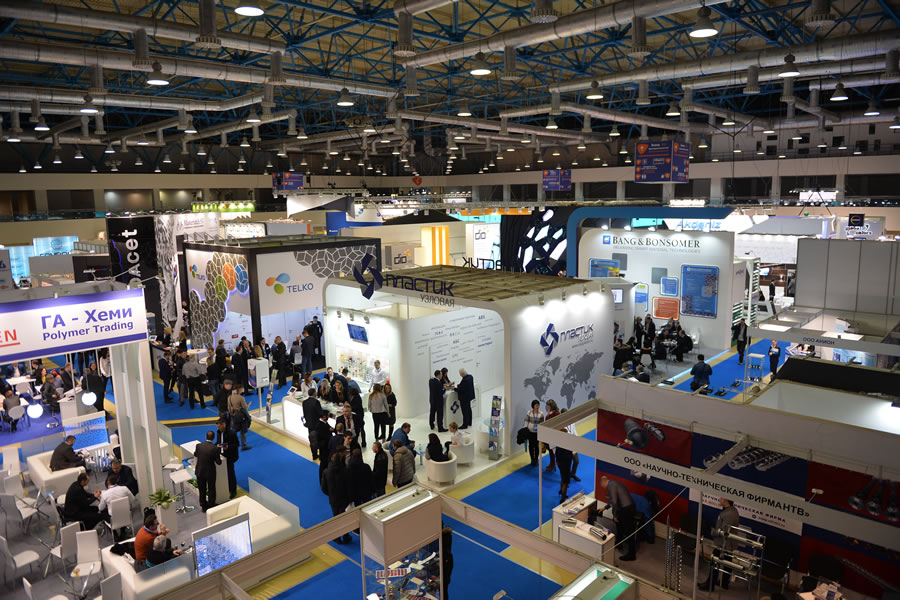

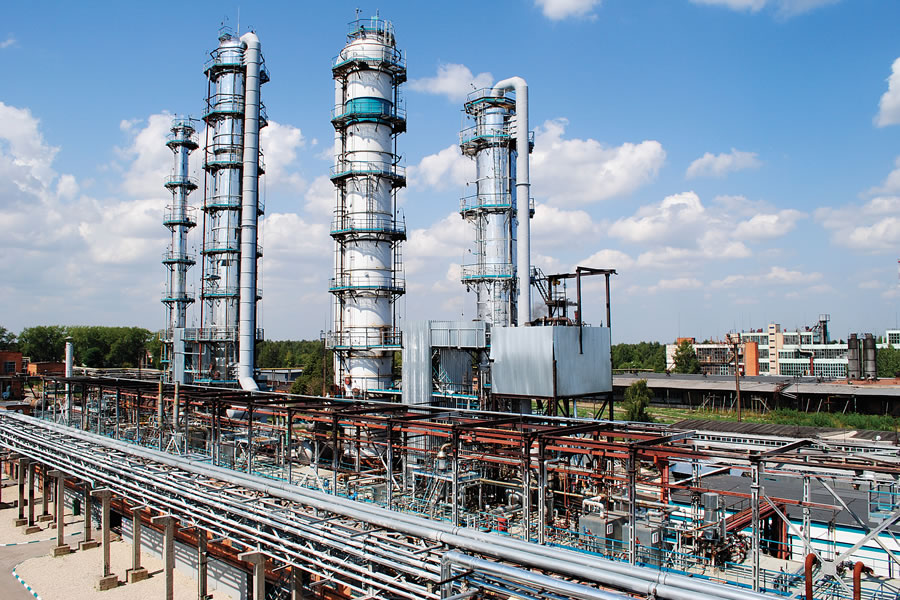
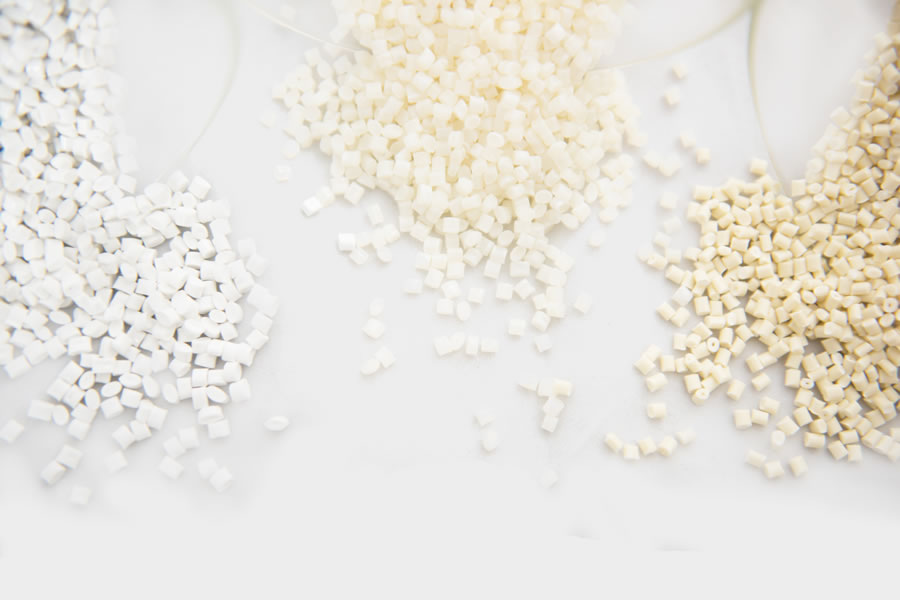
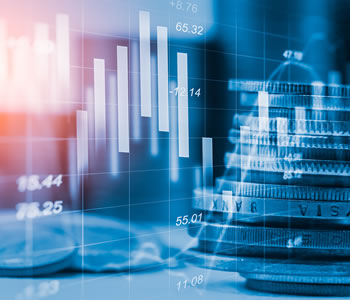
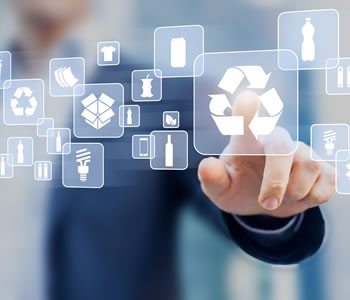
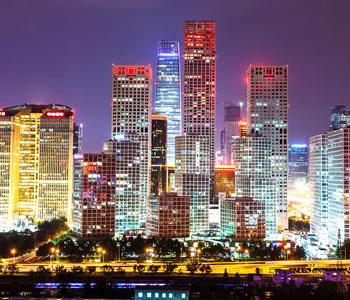

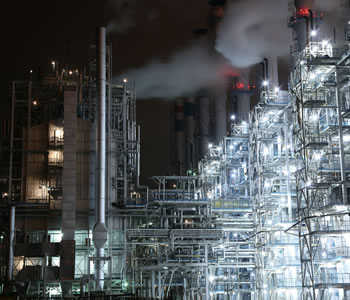

Roman Kizimov
CEO of TD Plastic